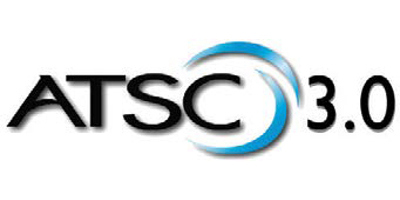ATSC 3.0 Still Requires Public Interest Obligations
The professional video industry's #1 source for news, trends and product and tech information. Sign up below.
You are now subscribed
Your newsletter sign-up was successful
WASHINGTON—In comments filed with the FCC recently, Public Knowledge, a D.C.-based advocacy group, warned the commission that, while the next-gen ATSC 3.0 standard offers new opportunities to efficiently deliver new services as well as continue to provide free television broadcasts to the public, the commission should continue to enforce the broadcast industry’s public interest obligations.

“The social contract between the public and those entrusted with free, over-the-air broadcast licenses remains the same regardless of the broadcast technology used,” said John Gasparini, policy fellow at Public Knowledge. The organization, which says it works to shape policy on behalf of the public interest, joins the Open Technology Institute at New America and Common Cause in filing comments to the commission defending the public interest in next-gen TV technologies.
Public Knowledge says that it supports the introduction of new technologies to the public, and that, while ATSC 3.0 will likely enable broadcasters to more efficiently deliver their programming and allow consumers new ways to access such services, local broadcasters should still be required to meet current existing public interest obligations. These include political rules on equal time; localism; educational and children’s programming; accessibility; emergency alerts, and public file disclosure obligations.
“As the commission and the broadcasters move forward with the process of considering this technology update, it is critical that these public interest obligations are similarly updated,” Gasparini said.
Read the full Public Knowledge filing to the FCC here.
The professional video industry's #1 source for news, trends and product and tech information. Sign up below.
